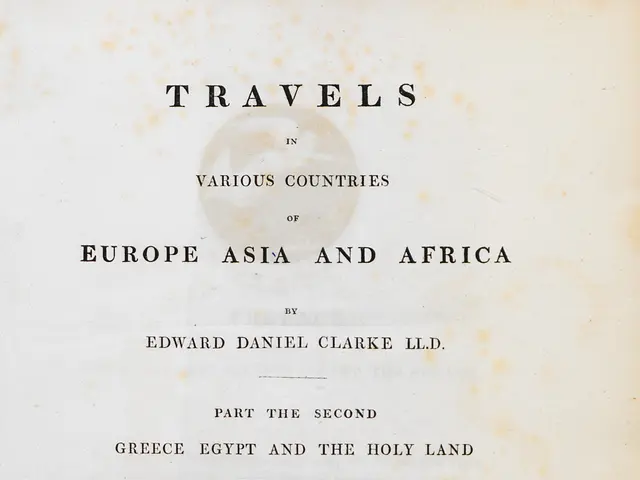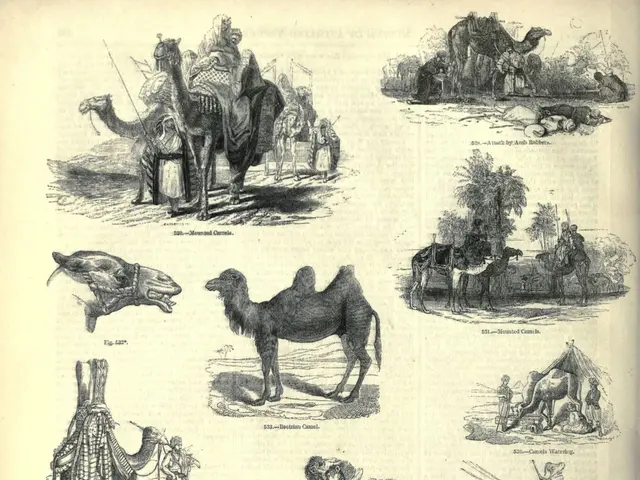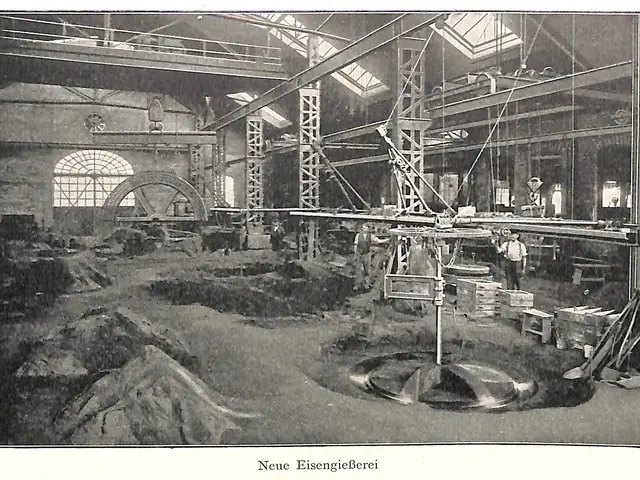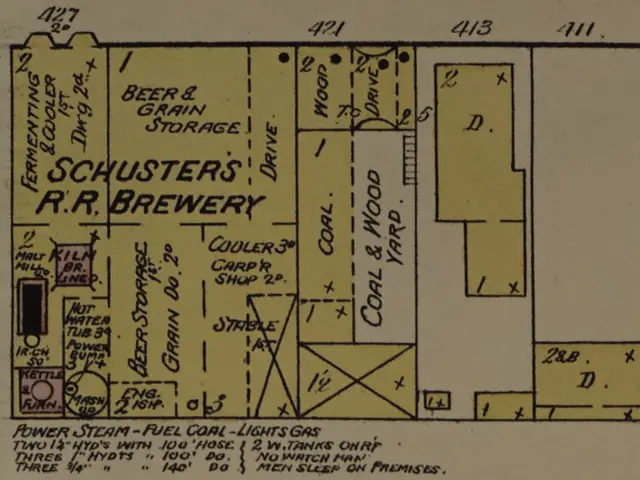"India's Foreign Ministry Criticizes Nepal for Comments Regarding Indian-Chinese Trade Through Lipulekh Pass, Labeling Them as Unacceptable"
In a recent development, Chinese foreign minister Wang Yi's visit to India has brought about a significant announcement. India and China have agreed to resume border trade as part of the measures being taken to normalise bilateral ties between the two nations. However, another long-standing territorial dispute between India and Nepal, centred around the Lipulekh Pass, continues to be a contentious issue.
The Lipulekh Pass, a site of border trade between India and China since 1954, has been a point of contention between the two South Asian neighbours. The dispute involves claims by both India and Nepal over the territories of Limpiyadhura, Lipulekh, and Kalapani.
Recently, Nepal's foreign ministry stated that the official map of Nepal, which is part of the country's Constitution, shows Limpiyadhura, Lipulekh, and Kalapani east of the Mahakali River as "integral parts of Nepal". Nepal has been urging India to resolve the border issue between the two countries through diplomatic means on the basis of historical treaties and agreements, facts, maps, and evidence.
However, the Indian government maintains that such territorial claims are neither justified nor based on historical facts and evidence. The MEA has been "consistent and clear" in its stance regarding the border issue with Nepal, urging Nepal to refrain from making unilateral claims and to resolve boundary issues through dialogue and diplomacy.
The Lipulekh Pass is not mentioned as a point of contention in any historical treaties or agreements between India and Nepal. The MEA remains "open to constructive interaction with Nepal on resolving agreed outstanding boundary issues through dialogue and diplomacy".
The disruption of border trade between India and China via the Lipulekh pass in recent years due to Covid and other developments has now been agreed to resume. Yet, Nepal's foreign ministry has urged India not to carry out any activities such as road construction/expansion, border trade in the disputed area.
Several other initiatives were also finalised during Wang Yi's meeting with external affairs minister S Jaishankar, including the resumption of direct flights "at the earliest" and finalisation of an updated air services agreement. Despite the progress made in other areas, the Lipulekh Pass issue continues to cast a shadow over India-Nepal relations.
The MEA did not address Nepal's claim that the official map of Nepal shows Limpiyadhura, Lipulekh, and Kalapani east of the Mahakali River as "integral parts of Nepal". The Indian government's position remains that any unilateral artificial enlargement of territorial claims is untenable.
In 2021, India and China reached an agreement to resume border trade relations over the Lipulekh Pass. The resolution of this issue between India and China could pave the way for a more peaceful and prosperous border region. However, the resolution of the Lipulekh Pass issue between India and Nepal remains a complex and ongoing issue.
As both nations continue to engage in dialogue, it is hoped that a fair and equitable resolution can be reached, ensuring the mutual benefit and peaceful coexistence of the two nations.
Read also:
- United States tariffs pose a threat to India, necessitating the recruitment of adept negotiators or strategists, similar to those who had influenced Trump's decisions.
- Weekly happenings in the German Federal Parliament (Bundestag)
- Southwest region's most popular posts, accompanied by an inquiry:
- Discussion between Putin and Trump in Alaska could potentially overshadow Ukraine's concerns








